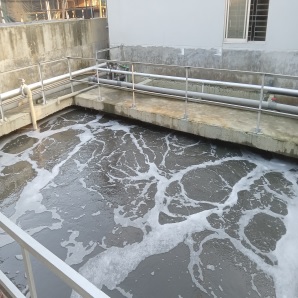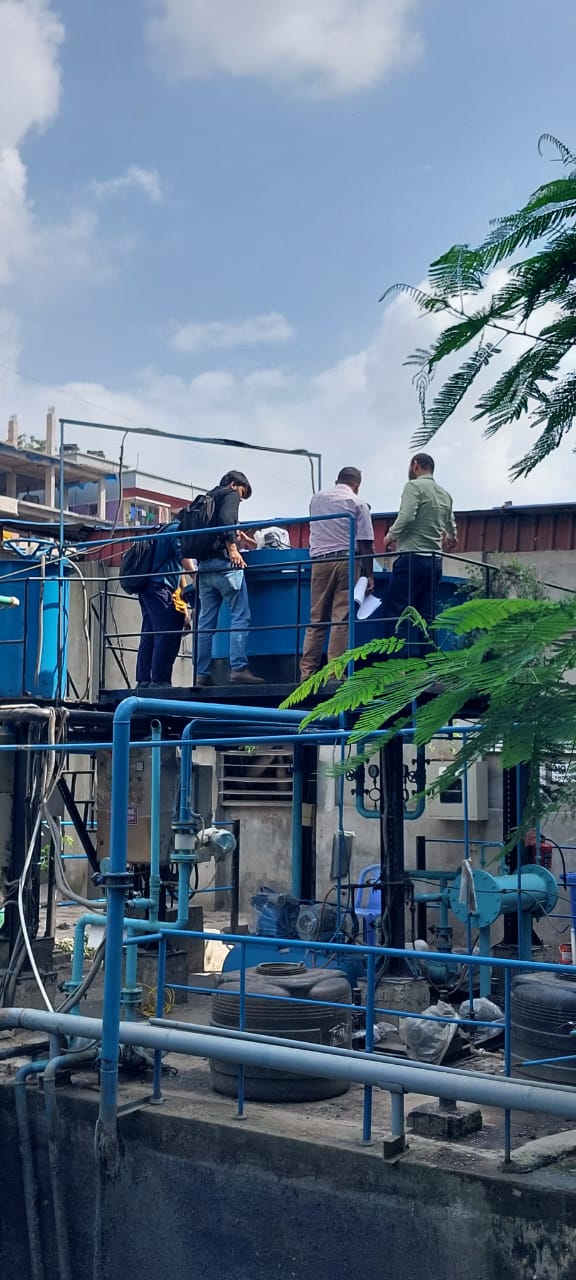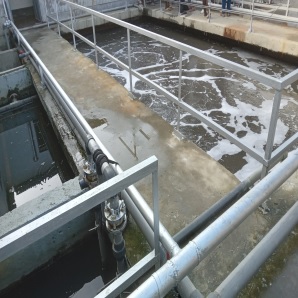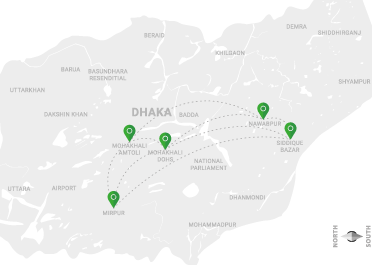Introduction
Wastewater treatment in Bangladesh is a critical process to address the challenges posed by the increasing discharge of polluted water from domestic, industrial, and agricultural sources. As rapid urbanization and industrialization continue, the need for effective wastewater treatment processes becomes more pronounced to protect public health, the environment, and water resources. The Wastewater Treatment Process in Bangladesh integrates innovative methods and technological advancements to efficiently cleanse water, emphasizing sustainable practices and environmental preservation for a healthier, cleaner future. The wastewater treatment process in Bangladesh involves several stages to remove contaminants and pollutants before the treated water is safely discharged into natural water bodies or reused for various purposes.
Collection and Conveyance:
The wastewater treatment process begins with the collection and conveyance of wastewater from various sources. In urban areas, sewage systems collect domestic wastewater from households and commercial establishments. In industrial zones, specialized systems capture industrial effluents. In rural areas, on-site sanitation systems may be prevalent.
Preliminary Treatment:
Once collected, the wastewater undergoes preliminary treatment to remove large debris and solids that could interfere with subsequent treatment processes. This stage typically includes screening and grit removal, where screens catch large objects, and grit chambers allow heavier particles like sand and gravel to settle out.
Primary Treatment:
In the primary treatment phase, the wastewater is directed to sedimentation tanks where gravity allows the heavier solids to settle at the bottom. This separation results in the formation of sludge, which is periodically removed for further treatment or disposal. The partially clarified liquid, now called primary effluent, moves on to the next stage of treatment.
Secondary Treatment:
Secondary treatment aims to further reduce the concentration of organic matter and suspended solids in the wastewater. This is often achieved through biological processes where microorganisms, such as bacteria and other microbes, consume organic pollutants. Common secondary treatment methods include:
Activated Sludge Process: In this method, air is introduced into the wastewater to promote the growth of microorganisms that break down organic matter.
Trickling Filters: Wastewater is trickled over a bed of rocks or other media, allowing microorganisms to attach and facilitate the biological treatment.
Constructed Wetlands: Natural or artificial wetlands can be used to enhance biological treatment through the actions of aquatic plants and microorganisms.












Tertiary Treatment:
Tertiary treatment is a polishing step designed to further improve the quality of the treated effluent. This phase is particularly important when stringent water quality standards must be met. Common tertiary treatment methods include:
Filtration: Using sand or other media to remove remaining suspended particles.
Disinfection: Employing methods such as chlorination, UV irradiation, or ozonation to kill or inactivate remaining pathogens.
Nutrient Removal: Addressing excess nutrients like nitrogen and phosphorus through additional treatment processes.
Water Generated for Reuse:
The final step in the wastewater treatment process is the discharge of treated water into natural water bodies or its reuse for non-potable purposes like irrigation, industrial processes, car wash or even direct non-potable urban reuse. The discharge must comply with environmental standards to ensure that the receiving water bodies are not negatively impacted.
Green Genesis Engineering Limited is one of the best wastewater treatment plant manufacturers and if you have any concerns related to the establishment of a wastewater treatment plant or its management, then be sure to contact us, we are here to help you with your concerns call us on +8801933-302535 and Email us at karim@greengenesisbd.com


